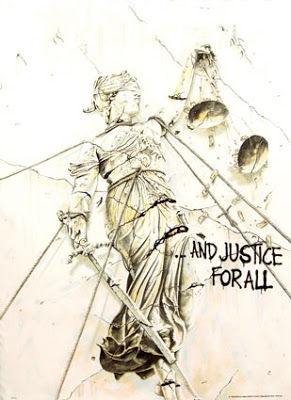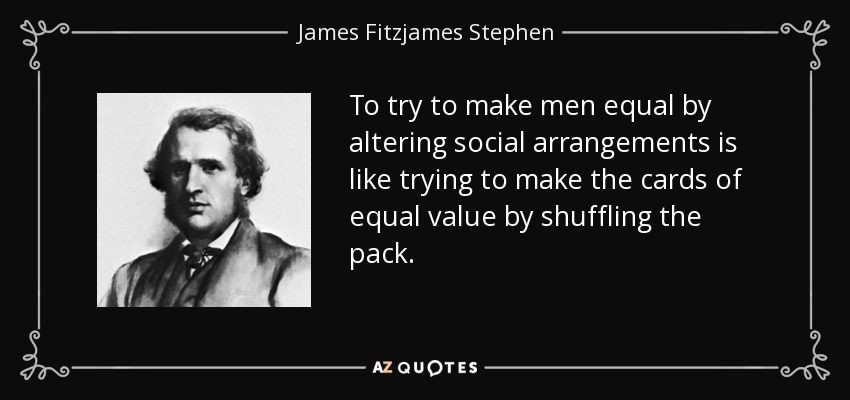Unlike the adversarial legal process used in American criminal law, and the Common Law more broadly, or the process of civil litigation, the concept of “restorative justice” superficially sounds more fair and conducive towards reconciliation. However, the reality is far, far different. While no process is perfect, the restorative model is worse.

The adversarial process has as a major precept the idea that a person is presumed to not be guilty and the state, which seeks to take away a persons freedom (either as punishment or rehabilitation), must prove beyond reasonable doubt that a person is guilty of a specific crime and that the actions of the state are necessary. With civil litigation, there is a presumption of neutrality, where the court/jury weighs in with a preponderance of the evidence to determine liability.
Restorative justice, as described by þe olde Wikipedia is “is an approach to justice in which one of the responses to a crime is to organize a meeting between the victim and the offender, sometimes with representatives of the wider community. The goal is for them to share their experience of what happened, to discuss who was harmed by the crime and how, and to create a consensus for what the offender can do to repair the harm from the offense.“
Unlike the adversarial or even civil litigation routes, there is no protection from a presumption of guilt. Perhaps in such a system a honest and open investigation will take place, but such a thing happening is completely dependent on the good nature and will of the organizers who run this restorative justice session. The adversarial and civil litigation models, on the other hand, provide protections for the accused, which even if imperfect is still more than nothing.
But worse still, is the inclusion of the “representatives of the wider community”. This input is meant to create “justice” that is conducive to the community as a whole and subsumes any protection of the accused beneath the “shareholders’” interests in moulding society and enacting the broader ideological goal of the self-declared community leaders. In effect, this means that one’s guilt or innocence becomes irrelevant to the “justice” of the collective whole beyond it’s utility in furthering that ideological vision of “justice”. Notice, as well, the intent to “create consensus”. “Consensus” is the purported “non-hierarchical” means by which the “will of the people” is enacted without anyone having any power over anyone else; a fiction that hides the fact that they who lead the mob actually exercise power over others, by hook or crook, and woe be to those who do not fall in line with the proffered “consensus”.
At best, perhaps this “restorative justice” will work like South Africa’s “Truth and Reconciliation Commission” and offer the fig leaf of forgiveness for the repentant. As worst, it could be like a combination of Maoist “Struggle Sessions” and Stalinist show trials.
The call for “restorative justice” to browbeat “offenders” into “repairing the harm” they caused is going on now in the streets by the Antifa/#BlackLivesMatter revolutionaries via their call for “reparations”. “Restorative justice” allows them to crouch their demands of punishment and exercise in browbeating dissenters in terms of “consensus” and reconciliation leading to unity.
A case in point is “restoration” by means of looting as a form of “reparations”.
They see it not as “punishment” but restoration of what “White supremacy” stole from the impacted community members who enact “justice” by their consensus, with the expectation that you will bow down to the consensus, thus justifying their actions.
Another example was the demand by angry mobs that White “colonizers” who committed the sin of “gentrification” to “restore” what was taken by giving up their homes that were stolen via the “injustice” of “White Supremacy”.
Harassing people at their houses "Give us your home!" #Seattle pic.twitter.com/k6DuVNEuxY
— Kitty Shackleford (@KittyLists) August 13, 2020
And, of course, elected officials including a Seattle City Councilmember fully supports this “economic justice” of forced land transfers.
Whether these revolutionaries realize it or not, this “restorative justice” will not, and can not, actually fix the actual systemic problems, and in fact will likely exacerbate the problem and spread it throughout society.

This isn’t about “justice” of any kind. It is about power and a woke boot perpetually stomping on face of society forever.






